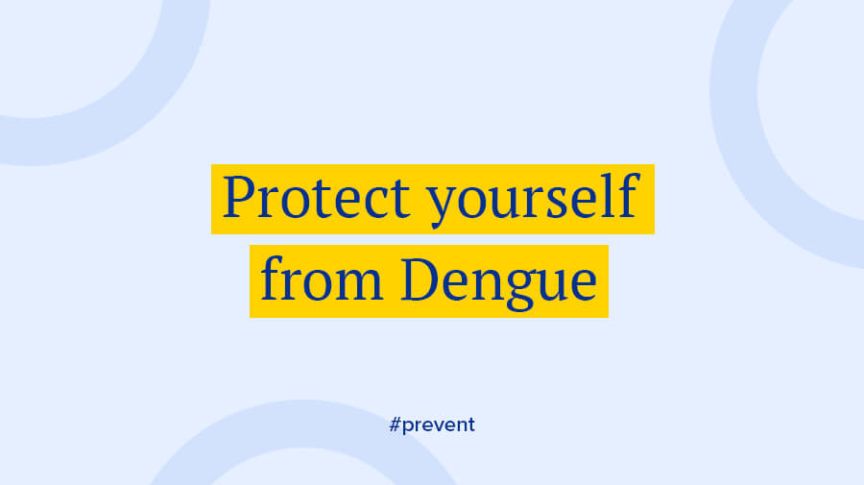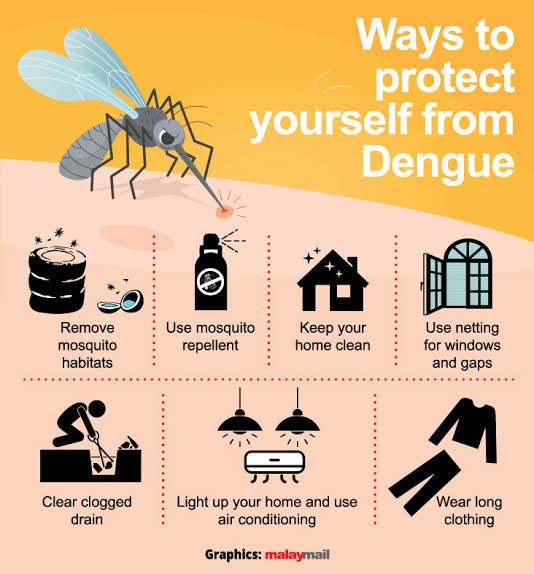Learn why leading HR professionals trust ekincare! Explore Now

Every year we are witnessing an increase in the number of dengue cases in India and in the last month, ekincare also received a lot of doctor consultations for a few common symptoms of Dengue, like fever, headache, pains, etc. There is extreme panic in society due to the past deaths that have happened. Awareness about dengue and a few facts about dengue fever need to be spread in society to control dengue outbreaks, and for better management of the condition.
Dengue fever is caused by a virus that belongs to the genus Flavivirus. There are 4 stereotypes of dengue viruses namely Dengue 1, Dengue 2, Dengue 3, and Dengue 4. These viruses are transmitted from one infected person to another by mosquitoes that belong to the Aedes species.
Dengue is called ‘breakbone fever’ because of severe muscle aches experienced by the infected person. However, it is no longer a mandatory symptom for the diagnosis of dengue since dengue is diagnosed with even less obvious symptoms. In some cases, it subsides without a diagnosis due to milder symptoms.
Though there are worries and panic due to dengue deaths, most people with dengue infection recover with no complications.
Only a few cases progress to a severe condition called dengue hemorrhagic fever. Any anticipation or indication of this condition requires hospitalization of the person and a close follow-up with regular testing of hematocrit and platelet counts.
Hospitalization is required when alarming symptoms are present to closely monitor the person and repeat testing of the lab critical parameters. Though there is no definitive treatment for dengue infection, maintaining hydration with proper supportive care and monitoring for complications constitutes the usual care.
Though drops in the platelet count need to be closely monitored with follow-up tests, this is not always a matter of panic. Platelet transfusions are not required in most cases.
Transfusion of platelets is required if platelets drop to below 20,000 along with bleeding or below 10,000 with no bleeding.

The old saying ‘prevention is better than cure’ truly holds good for dengue infection. Keeping a check on mosquito menace is the best way to prevent infection.
Some measures that work are:
In short, early diagnosis and management of symptoms is critical in saving the life of a Dengue patient. Reaching out to a trained medical doctor when symptoms first start to appear can also help with an early diagnosis.